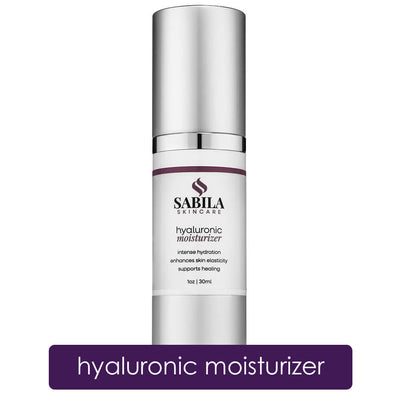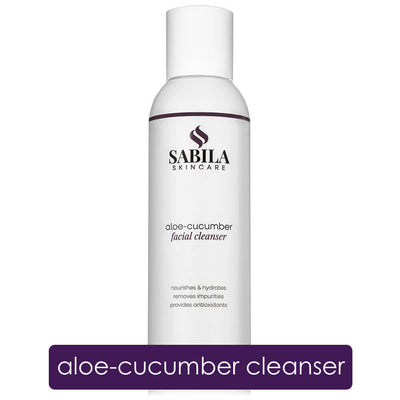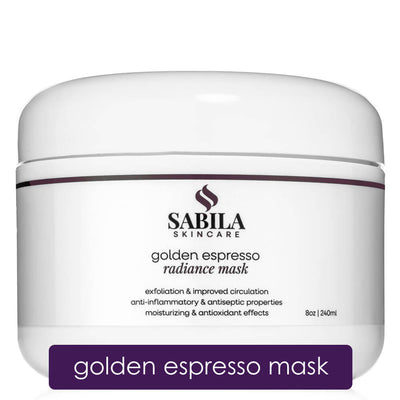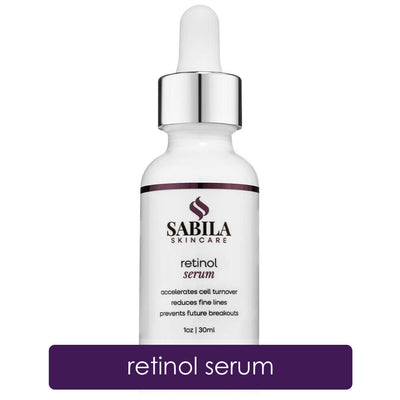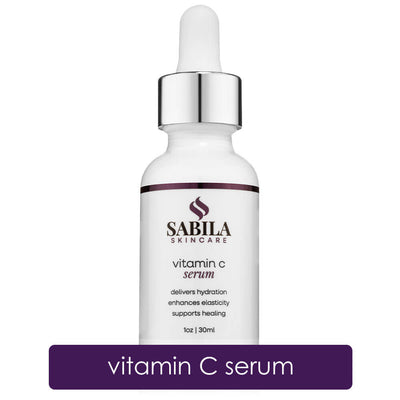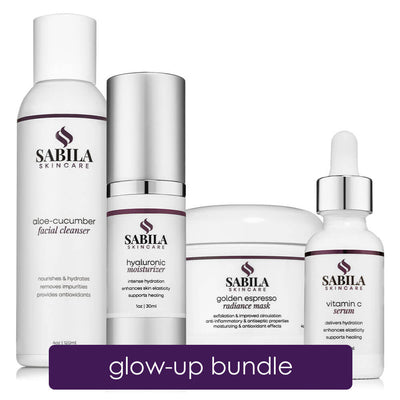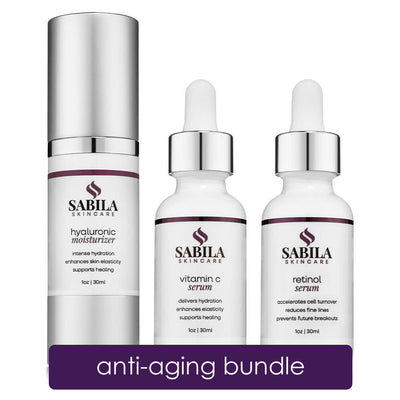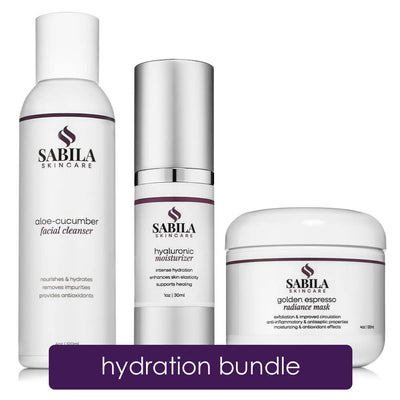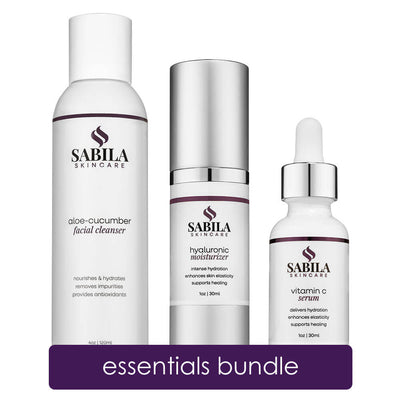Sensitive skin can be a challenge, but with the right care and natural remedies, it’s possible to transform dull skin into a radiant glow. This guide will help you understand sensitive skin, recognize its symptoms, and adopt the best practices for gentle, natural care. We’ll also list helpful ingredients to soothe and protect your skin, so you can confidently discover what works best for your unique needs.
What is Sensitive Skin?
Sensitive skin is a common condition characterized by a heightened reaction to external stimuli, which may include skincare products, environmental factors, and even stress. Those with sensitive skin often experience symptoms such as redness, itching, burning, and dryness. This condition can affect anyone, regardless of age, gender, or skin tone. Managing sensitive skin can be particularly challenging because it requires extra care and attention to prevent flare-ups and maintain overall skin health.
Recognizing Sensitive Skin
Sensitive skin often manifests in several ways, with varying symptoms:
- Redness: This can range from mild flushing to more pronounced red patches.
- Dryness: Sensitive skin tends to lose moisture easily, leading to dry and flaky areas.
- Itching and burning: These sensations can be triggered by various factors, including skincare products, weather changes, or even stress.
- Breakouts: Sensitive skin is prone to breakouts, which may appear as small, red bumps or acne-like pimples.
- Tightness: After washing or exposure to harsh weather, sensitive skin might feel tight and uncomfortable.
Understanding these signs is crucial for identifying sensitive skin and tailoring a skincare routine to manage it effectively.
Best Practices for Caring for Sensitive Skin
Caring for sensitive skin requires a gentle and mindful approach. Here are some natural remedies and best practices to help soothe and protect sensitive skin every step of the way:
- Gentle Cleansing: Cleansing is an essential step in any skincare routine, but for sensitive skin, choosing the right ingredients is crucial. Opt for gentle, sulfate-free cleansers that don’t strip the skin of its natural oils. Ingredients like chamomile and aloe vera are excellent choices due to their soothing properties.
- We recommend: The gentle yet effective Aloe-Cucumber Facial Cleanser.
- Hydration and moisturization: Keeping sensitive skin hydrated is key to maintaining its health. Look for natural moisturizers that contain ingredients like jojoba oil and hyaluronic acid, which help to lock in moisture and provide a protective barrier against environmental irritants.
- We recommend: The deeply hydrating Hyaluronic Moisturizer.
- Soothing Treatments: Sensitive skin can benefit greatly from soothing treatments that calm irritation and reduce redness. Natural ingredients such as cucumber, green tea, and oatmeal are known for their anti-inflammatory properties.
- We recommend: A soothing and nourishing Retinol Serum.
- Sun Protection: Sensitive skin is often more susceptible to sun damage, making sun protection a crucial aspect of your skincare routine. Opt for mineral-based sunscreens containing zinc oxide or titanium dioxide, which are less likely to cause irritation compared to chemical sunscreens.
- We recommend: In addition to sunscreen, remember to keep your skin safe with protective clothing, like wide-brimmed hats and long sleeves.
- Diet and hydration: What you eat and drink can significantly impact the health of your skin. A diet rich in antioxidants, vitamins, and minerals can help to strengthen the skin’s natural barrier and reduce sensitivity.
- We recommend: Incorporating hydrating foods like cucumbers, watermelon, and oranges into your diet to keep your skin hydrated from the inside out. Additionally, foods rich in omega-3 fatty acids, such as salmon, flaxseeds, and walnuts, can help reduce inflammation and improve skin health.
- Stress management: Stress can exacerbate sensitive skin, leading to flare-ups and increased irritation. Incorporating stress-reducing practices into your daily routine can help maintain healthy skin.
- We recommend: Practice relaxation techniques such as yoga, meditation, and deep-breathing exercises to help reduce stress levels and promote a sense of well-being.
Patch Testing for Sensitive Skin
Before incorporating any new product or remedy into your skincare routine, it is essential to perform a patch test. To do a patch test, apply a small amount of product to a discrete area of your skin and wait 24 hours to ensure there is no adverse reaction. This precaution helps protect your skin from potential irritation or allergies.
Empowering Yourself with Knowledge
Caring for sensitive skin can seem daunting, but with the right approach and natural remedies, you can manage your skin effectively and confidently. Embrace the journey of discovering what works best for your skin, and don’t be afraid to experiment with different ingredients to find a natural skincare routine that works for you.
Remember, sensitive skin is not a flaw but a unique characteristic that requires special attention and care. By understanding your skin’s needs and using gentle, natural products, you can achieve healthy, radiant skin that feels comfortable and looks beautiful. Empower yourself with knowledge and take control of your skincare journey, knowing that you have the tools to nurture and protect your sensitive skin.
Continue Your Journey
Continue your journey by heading back to the Sabila Skincare Blog for more tips, tricks and expert advice, or explore our exclusive range of natural skincare products crafted to harmonize with your skin’s natural rhythm and unlock its glorious potential.
Find similar articles
sensitive skin